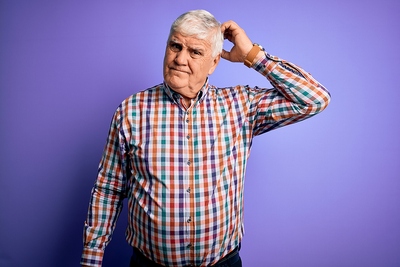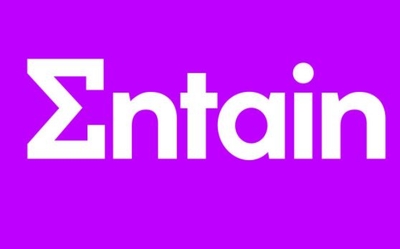It’s been a long drawn out affair, but the saga of William Hill has finally come to its’ conclusion.
The much loved British betting brand has been the subject of takeover talks for well over a year now, with many suitors clambering to acquire the company.
It was back in September of 2020 that Caesars Entertainment made a successful bid to buy the company outright, but they made no secret of the fact that they were only really after in Hill’s American interests.
Thus, the company’s European business was once again hot property, attracting buyers old and new as I wrote about in May.
Now that the dust has started to settle, how does the land lie?
So Who Owns William Hill?
 I appreciate this could be confusing for anyone trying to follow what has happened here.
I appreciate this could be confusing for anyone trying to follow what has happened here.
William Hill is now essentially two different companies with the same name.
Caesars Entertainment own the brand in America, and 888 made a successful bid for the brand in Europe and the UK, including their 1,400 betting shops. This was announced yesterday.
In very simple terms, the whole thing went a little something like this:
- William Hill looked like a good value purchase for some very big organisations.
- Those big organisations made bids to buy the company.
- Caesars Entertainment made the successful bid and acquired William Hill outright.
- Caesars decided they didn’t want/need all of the businesses assets so decided to keep the bits they wanted and sell the bits they didn’t. It’s a bit like buying an old car for parts, stripping it down of anything useful, and selling what’s left for scrap. Except in this case, that ‘scrap’ was worth a heck of a lot of money.
- More big organisations declared interest in the assets Caesars didn’t want, and another bidding war began.
- 888 made the successful bid and now own William Hill in the UK and Europe, including Mr Green.
So for us Brits you can pretty much say that 888 own William Hill.
The Deal

It is thought that 888 paid around 2.2 billion for William Hill’s non-US business, and when you consider that Caesar’s paid £2.9 billion for the lot last year, that seems pretty steep.
But it also tells you a lot about Hill’s reputation, current business value, and future prospects as viewed by the industry. Anyone paying that sort of money clearly sees plenty of scale and profit on the horizon.
It’s not all about making money though, it’s also about saving it.
Right off the bat 888 believe they can save at least £100 million per year in cost saving synergies and improved efficiency, not to mention the enhanced sports betting opportunities driving growth.
Itai Pazner, Chief Executive of 888 said:
“This transaction will create one of the world’s leading online betting and gaming groups with superior scale, exceptional brands, increased diversification, and a platform for strong growth.”
High street bettors will be relieved to hear that William Hill’s fleet of betting shops are to play a key role in 888’s vision – and so will the 8,000 UK workers employed by them.
Pazner commented on this:
“We are also excited about the opportunities that the Retail (betting shop) business provides and see significant brand benefits to the enlarged group from its large estate.”
This will be the first time 888 has had a physical presence anywhere in the world, having started life in 1997 as one of the world’s first online casinos.
Elsewhere in the Industry
 William Hill is not the only company to be eyed by outside investors looking for a bargain.
William Hill is not the only company to be eyed by outside investors looking for a bargain.
Entain, the owner of Ladbrokes and Coral, was unsuccessfully bid for back in January, with MGM Resorts being the guys flashing the cash.
The bid was rejected as Entain felt it did not represent the true value of the company going forward.
MGM were not allowed to bid again for 6 months, but that time period is now up and there is speculation that further bids could be forthcoming.
If anything does go ahead, we could see a similar situation where an American company spends large for a British company’s online capabilities, before offloading assets like high street shops.

